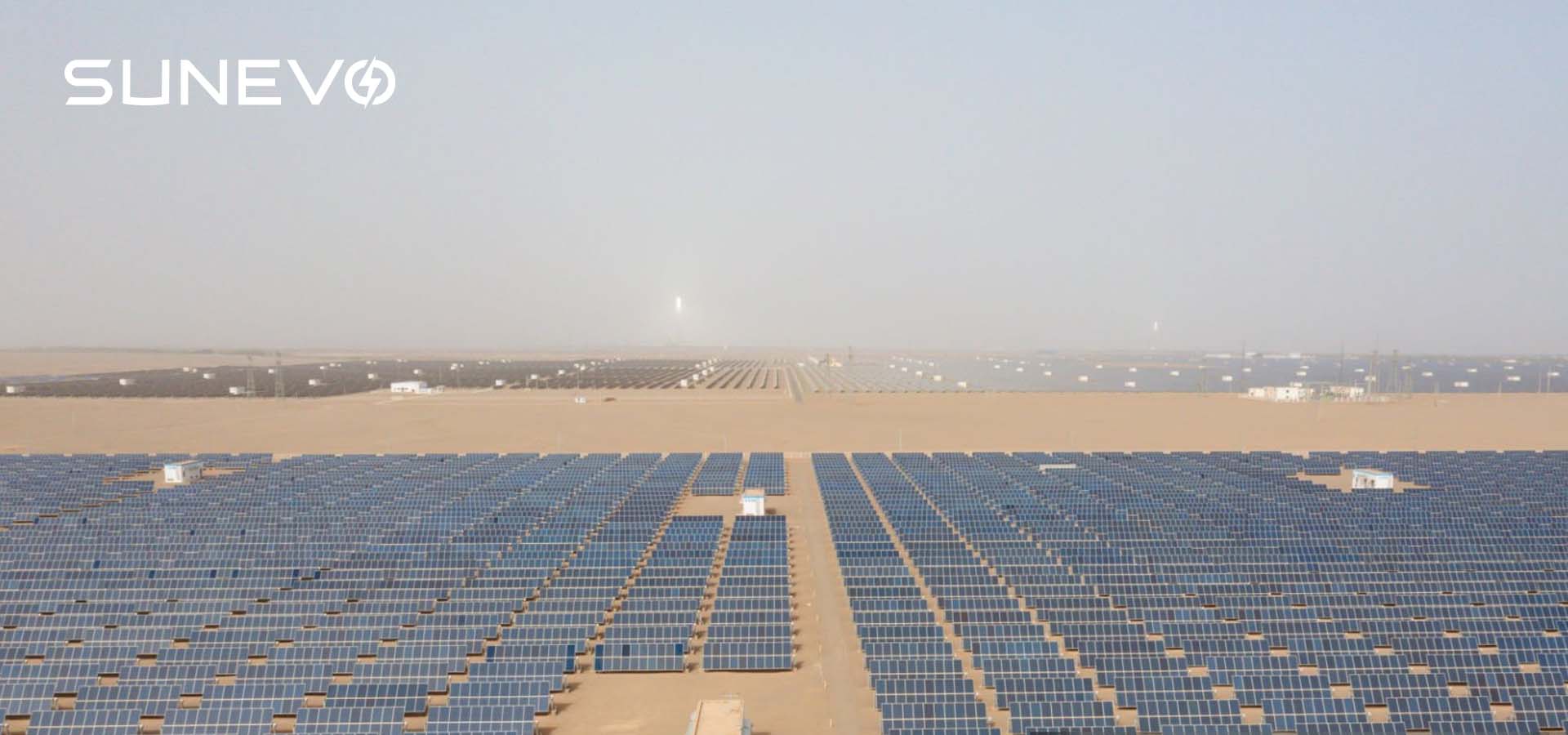 India PV Installed Capacity Reached 100GW
India PV Installed Capacity Reached 100GW
Feb 11, 2025
As of January 31, 2025, the total installed capacity of photovoltaic power in India was 100.33 GW, with 84.10 GW under construction and another 47.49 GW in the bidding process. This achievement marks an important step for India towards realizing the ambitious target set by the Indian government of achieving 500 GW of non-fossil fuel energy capacity by 2030. The country's hybrid and round-the-clock (RTC) renewable energy projects are also advancing rapidly, with 64.67 GW under implementation and tendering, bringing the total number of solar and hybrid projects to 296.59 GW. The Minister of New and Renewable Energy of India, Pralhad Joshi, stated: "The energy development journey of India over the past decade has been historic and inspiring. Initiatives such as solar panels, solar parks, and rooftop solar projects have brought about revolutionary changes. As a result, India has successfully achieved its target of generating 100 GW of solar power. In the field of green energy, India has not only achieved self-sufficiency but also shown the world a new path." The minister added that the Prime Minister's Surya Ghar Muft Bijli Yojana scheme is making rooftop solar a reality for households and transforming the sustainable energy landscape by providing clean energy to families. Over the past decade, the installed capacity of India's solar power industry has grown by 3,450%, from 2.82 GW in 2014 to 100 GW in 2025. Solar energy remains the main contributor to the growth of renewable energy in India, accounting for 47% of the total installed capacity of renewable energy. In 2024, the newly added solar installed capacity reached a record high of 24.5 GW, more than tripling compared to 2023. Last year, 18.5 GW of utility-scale solar capacity was installed, nearly 2.8 times higher than in 2023. Rajasthan, Gujarat, Tamil Nadu, Maharashtra and Madhya Pradesh are among the top-performing states, making significant contributions to India's total utility-scale solar installed capacity. In 2024, the rooftop solar industry in India witnessed significant growth, with new installed capacity reaching 4.59 GW, a 53% increase compared to 2023. The primary driver of this growth was the free electricity program initiated by the Indian government in 2024 (namely, the PMSuryaGhar: Muft Bijli Yojana subsidy program, offering Rs. 30,000 per kW for systems up to 2 kW, Rs. 18,000 per kW for systems between 2 kW and 3 kW, and Rs. 78,000 per kW for systems over 3 kW). Currently, the number of rooftop solar installations is approaching 900,000. India has also made significant progress in the solar manufacturing industry. In 2014, the country's solar cell module production capacity was only 2 GW. Over the past decade, this capacity has soared to 60 GW in 2024. With continuous policy support, India is expected to achieve a solar cell module production capacity of 100 GW by 2030.
View More
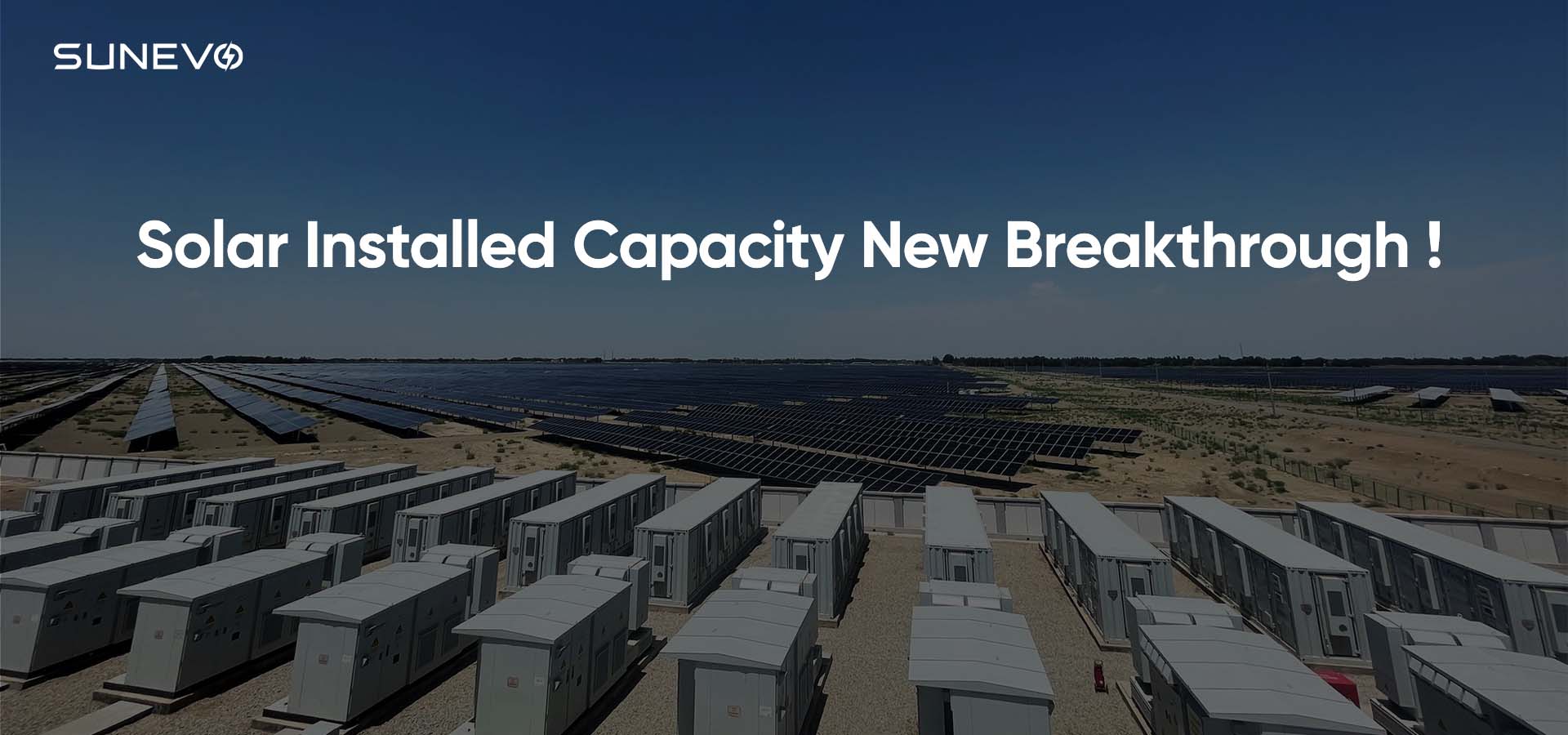 Solar Installed Capacity New Breakthrough In the US
Solar Installed Capacity New Breakthrough In the US
 Russia-Ukraine Conflict Conflicts Escalate Again
Russia-Ukraine Conflict Conflicts Escalate Again
 Israel: Plans To Add 100000 Rooftop Solar Systems By 2030
Israel: Plans To Add 100000 Rooftop Solar Systems By 2030
 Italy: 6.79GW Of New Photovoltaic Installations In 2024
Italy: 6.79GW Of New Photovoltaic Installations In 2024
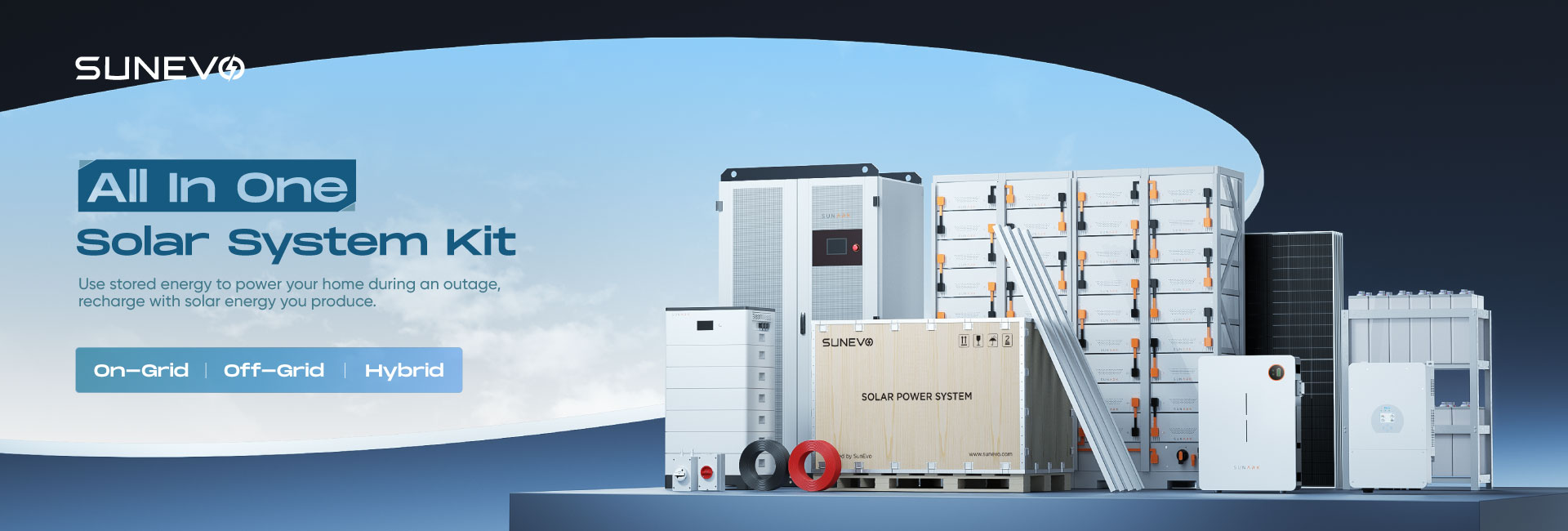 KLM Calls for Stronger EU e-SAF Policies to Boost Sustainable Aviation Fuel Adoption
KLM Calls for Stronger EU e-SAF Policies to Boost Sustainable Aviation Fuel Adoption
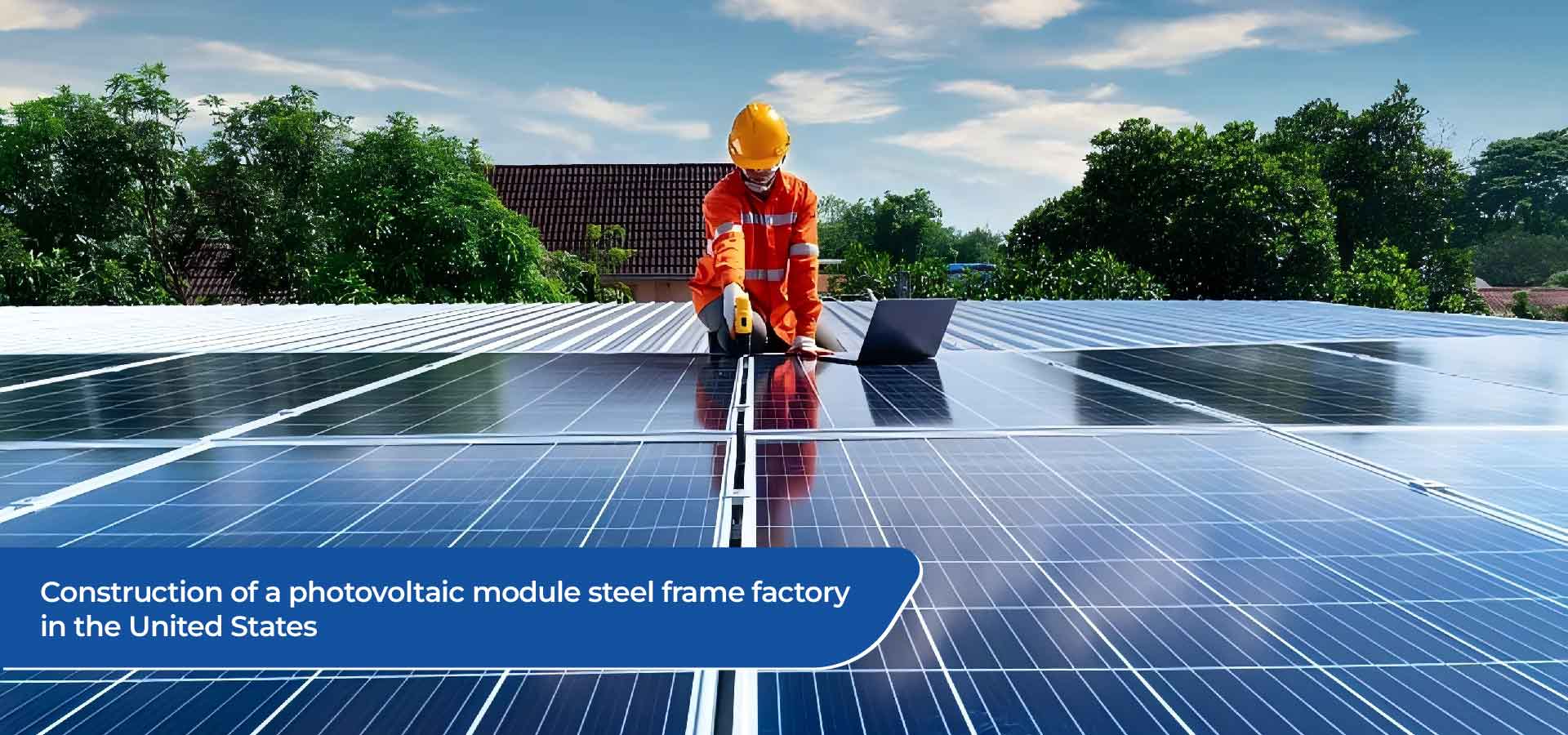 Construction Of A Photovoltaic Module Steel Frame Factory In The United States
Construction Of A Photovoltaic Module Steel Frame Factory In The United States
 Spain's New Photovoltaic Installations Have Declined For Two Consecutive Years!
Spain's New Photovoltaic Installations Have Declined For Two Consecutive Years!
 Global Energy Storage Revolution: Tesla's Shanghai Gigafactory Leads Market Breakthrough
Global Energy Storage Revolution: Tesla's Shanghai Gigafactory Leads Market Breakthrough
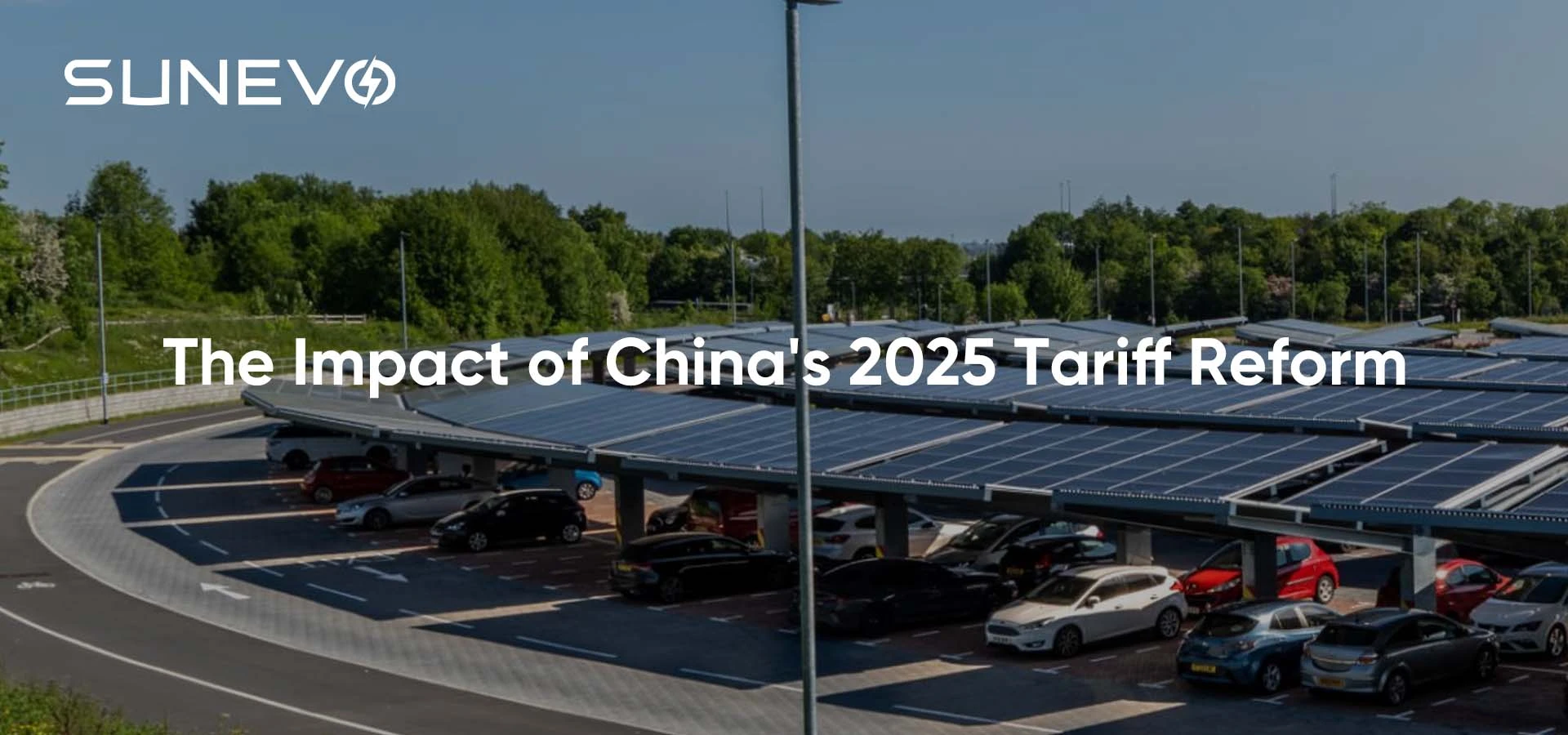 China's 2025 Tariff Reform Unveiled, Bringing Major Opportunities for US
China's 2025 Tariff Reform Unveiled, Bringing Major Opportunities for US
 India PV Installed Capacity Reached 100GW
India PV Installed Capacity Reached 100GW